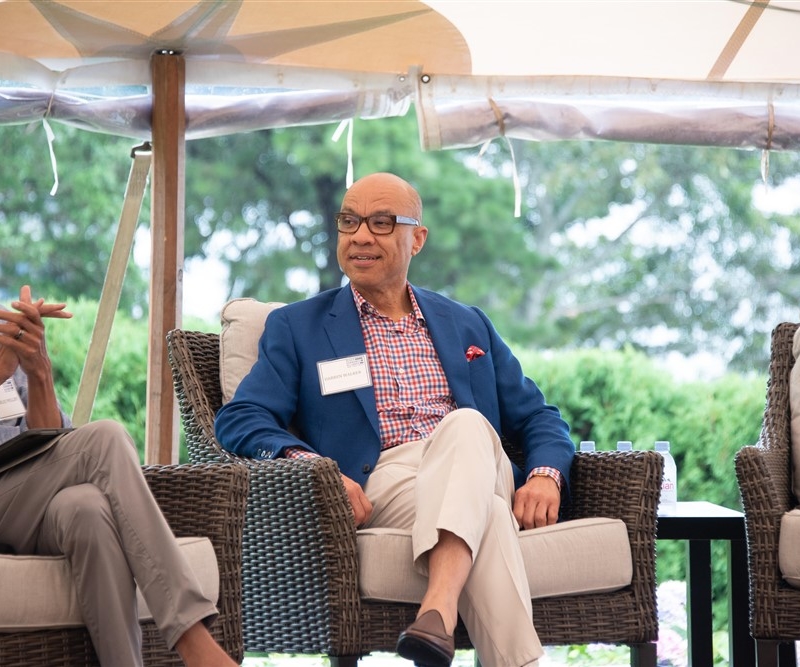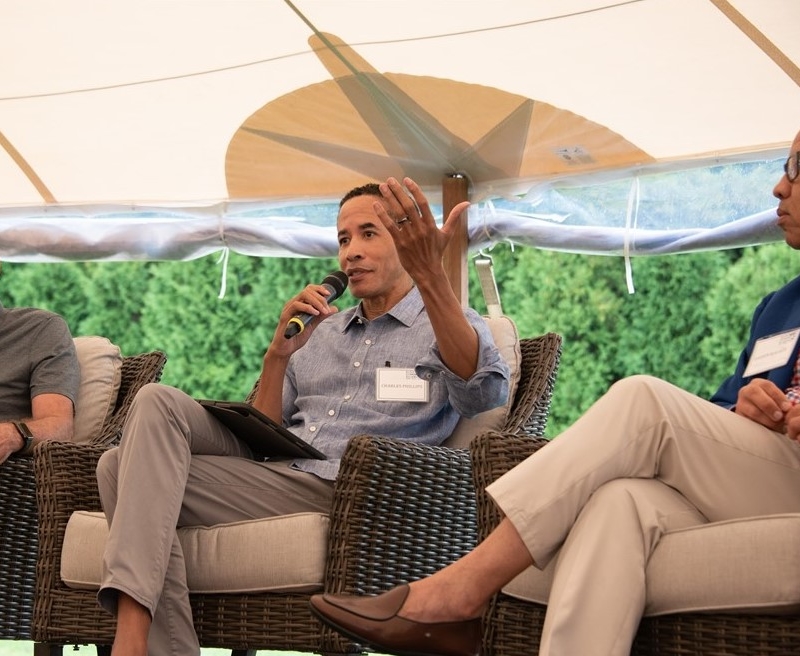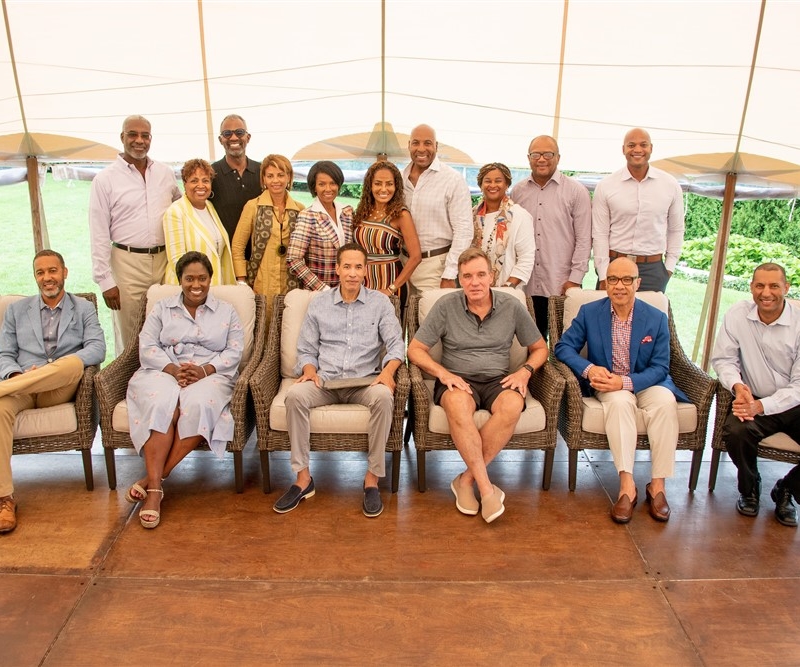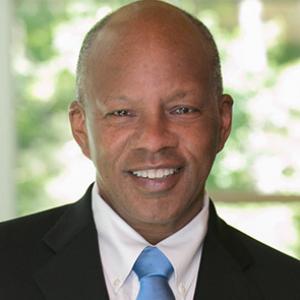The Black Economic Alliance and Black Economic Alliance Foundation convened a policy forum, “The Future of Work,” on August 14, 2019, at the Martha’s Vineyard home of Lisa and David Grain. The breakfast gathering drew a diverse group of thought leaders from across the nation.
The forum provided an important opportunity for attendees to consider solutions to a critical economic challenge: the future of employment in a digital economy and the impact the changing nature of jobs will have on the work, wages and wealth of Black Americans. The goal of BEA is to insert pragmatic solutions to economic challenges into the policy agendas of political candidates and the legislative agendas of elected officials.
According to the Joint Center for Political and Economic Studies, Black workers are in the 30 largest occupations at high risk for automation. If they are not transitioned into new employment opportunities, the Black unemployment rate will increase from 7.5% to over 20% in the next ten years. The forum featured a panel of leading voices to discuss this and other issues related to the future of work:
Spencer Overton, President, Joint Center for Political and Economic Studies, started the dialogue by summarizing the type of jobs and geographic locations most at risk from automation, as well as the unique challenges automation poses to Black Americans.
Lisa Opoku, Partner and Operating Officer of Engineering, Goldman Sachs, outlined the implications for professional workers, noting that many skilled, white collar jobs will be affected as well.
Charles Phillips, Chairman, Infor and BEA Co-Chair, added additional context for the employment and wealth building implications of these trends for Black Americans from an employer’s perspective.
Darren Walker, President, Ford Foundation, described the Foundation’s interest in the workers themselves, and the necessity to ensure their power in the future work world.
Steve Bumbaugh, Senior Vice President of College and Career Access, The College Board, provided examples of programs his organization has created that will enhance low income students’ chances of success in the digital world.
Senator Mark Warner (D-VA) outlined his proposals for tax credits and other incentives to motivate companies to invest in retraining displaced workers and upskilling low income talent.
The panelists challenged the influential audience: to act inside the companies and organizations they represent; to commit to investing in talent as they do in assets and research and development (R&D); and to use their influence to champion retraining and upskilling.
Guests were enthusiastic about future BEA gatherings on the Vineyard. “Given the positive response to today’s event,” said Interim Executive Director Gwen Adolph, “I anticipate that this will be the first of many on Martha’s Vineyard. We are grateful to BEA board member Robyn Coles and Advisory Board member Karen Phillips for producing an exceptional event.”
The sold-out forum was sponsored by Goldman Sachs (Platinum); Howard Woolley, President, Howard Woolley Group, LLC (Premiere), and The College Board (Supporter). Gerald Adolph, former Senior Partner, Booz & Co., moderated the panel conversation.






